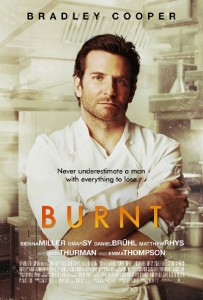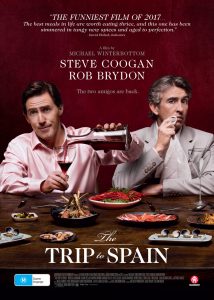 Ethan Hawke stars as Tom, a creepy American university professor who arrives in Paris to stalk his ex-wife and young daughter. His wife calls the police and he absconds, encountering subsequent bad luck and winding up broke in a dive of a hotel run by seedy, criminal seeming people. Motivated by a desperate bid for reunification with his daughter, Tom tries to establish himself in Paris despite these somewhat dire circumstances.
Ethan Hawke stars as Tom, a creepy American university professor who arrives in Paris to stalk his ex-wife and young daughter. His wife calls the police and he absconds, encountering subsequent bad luck and winding up broke in a dive of a hotel run by seedy, criminal seeming people. Motivated by a desperate bid for reunification with his daughter, Tom tries to establish himself in Paris despite these somewhat dire circumstances.
Kristin Scott Thomas plays the mysterious Margit who for some strange reason is the film’s namesake. She provides nurture and romance to Tom, and having previously been the wife of a writer, encourages him to return to writing and work on his second novel but there is something wrong with what freedom and pleasure she bolsters him up.
The film is mysterious but equally irritating. Photographer Ryszard Lenczewski paints Tom’s world in fragments, his gaze obstructed by blurry visions through his own glasses, through leaves and fences and security cameras. The lens motif is a familiar tool for experiments in narrative confusion in recent filmmaking but even after attempting to decipher the puzzles of Tom’s existence, whatever grainy underlying veracities, however confusing, are uninteresting.
Director Pawel Pawlikowski gets away with considerable sexism and racism by merely filtering it through an unreliable and unlikeable narrator but does device delineate or justify these characterisations? The French-Arab owner of the hotel and the French-African tenant are completely perverse, criminal, and unhygienic. They’re the only people in the film who make Tom look good. The Polish, immaculate, Ania (Joanna Kulig) – who is somehow in bed with this dangerous hotel owner – appears to require some kind of rescue from Tom and enchants him with Polish poems and songs – which makes her so explicitly an object of perversion.
Tom often finds himself on the other side of closed doors, shut off from others, but we’re grateful for that. He is pathetic, tightly wound and worrying on screen. His affairs are strange. All his relationships with women are fruitless and our own disinterest in Tom, and general confusion about what on Earth the film is going for, makes us eagerly await the end of every scene or for a door to open, just to see if some clear idea, or an unhindered frame might redeem this enormously flat depiction of madness and writer’s block.
The Woman in the Fifth is in Australian cinemas from 3 May through Madman Films.





